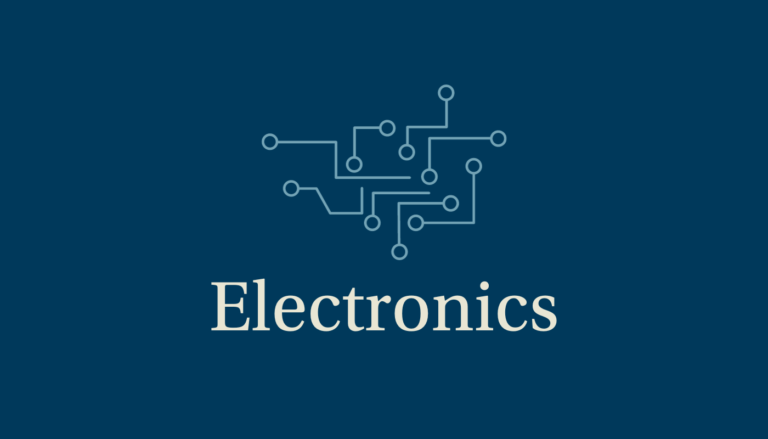Electronics

The course aims to enable you to gain an understanding of the principles of modern electronics and to become competent in the design and analysis of electronic circuits. Theory and calculations are central to the course but a large amount of the work is practically based and experimental project work forms part of the assessment.
Among the topics you will cover are: Circuit and logic principles, sequential logic, amplifying circuits, timing circuits, transducers, digital/analogue converters, memory systems, information transfer and radio circuits, digital and mobile communications, optoelectronics, microprocessor systems, filters and interfacing.
Both coursework and written exams count towards your final assessment.
Students have the opportunity to visit specialist lectures including visits to places such as Daresbury Laboratories and the University of Liverpool.
Electronics is a scientific and technologically important subject and the A level forms a well recognised science-based qualification. Success in A level Electronics demonstrates your capability in an analytical and technical discipline. The course gives a useful introduction to the study of electronics and related engineering subjects in Higher Education.
It should be noted that A level Mathematics and often A level Physics are required for electronics degree courses, though some institutions offer foundation courses in these subjects.
Principles of Electronics – Exam Paper – 40% of marks
Application of Electronics – Exam Paper – 40% of marks
Extended system design and realisation tasks – Practical Assessment – 20% of marks
Summary
Core concepts
System synthesis; DC electrical circuits; Input and output sub-systems; Energy and power.
Principles of Electronics
Semiconductor components; Logic systems; Operational amplifiers; Signal conversion; AC circuits and passive filters; Communications systems; Instrumentation systems.
Applications of Electronics
Timing circuits; Sequential logic systems; Microcontrollers; Digital communications; Optical communication; Mains power supply systems; High power switching systems; Audio systems.
Extended system design and realisation
Task 1 (20 marks) – involves the development of a microcontroller system programmed through assembler
language.
Task 2 (50 marks) – is a substantial system development including analogue and digital sub-systems in an integrated design.
We recommend students joining us in September review their GCSE Physics notes on circuits.
Study Level
A Level
Exam Board
Eduqas
Contact Details
Mr G Brawn
Head of Department
brawn_g@sjd.ac.uk
